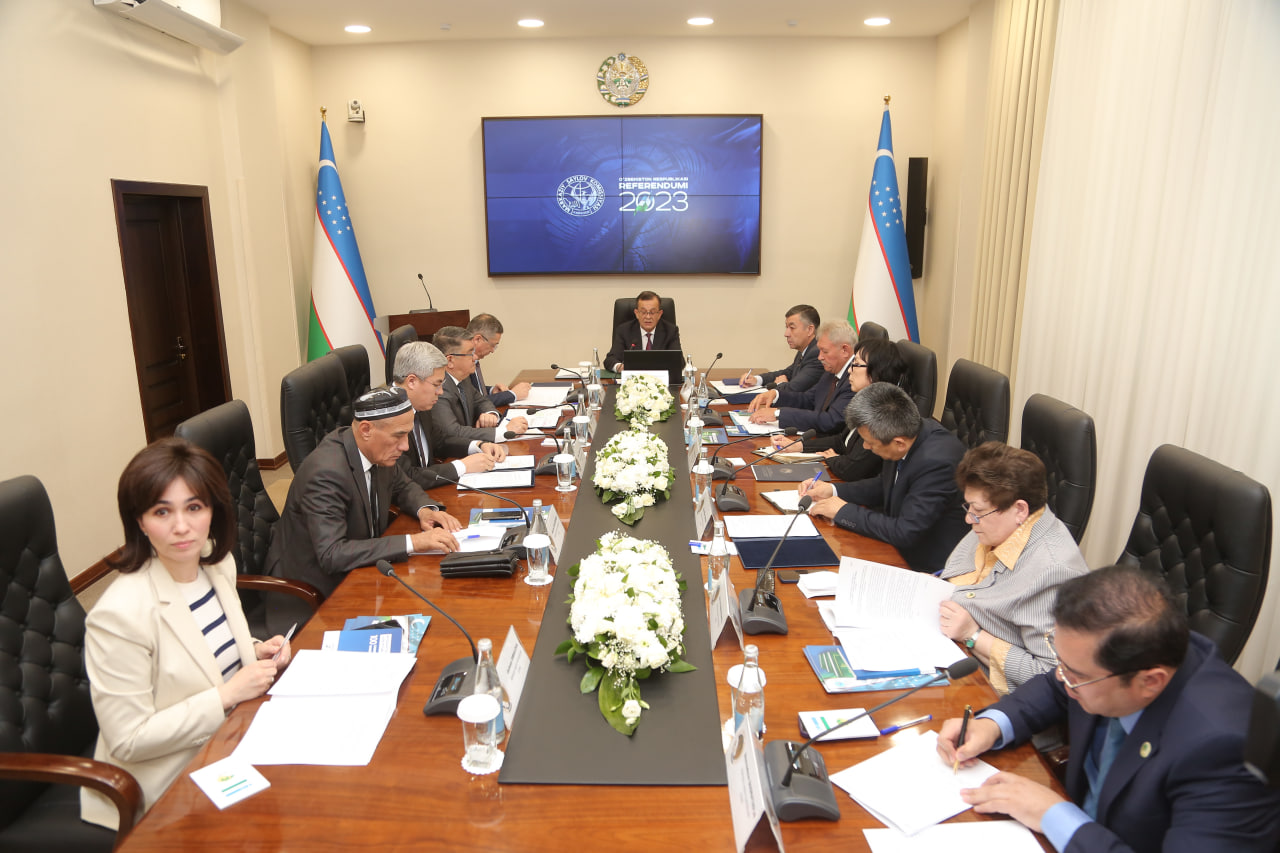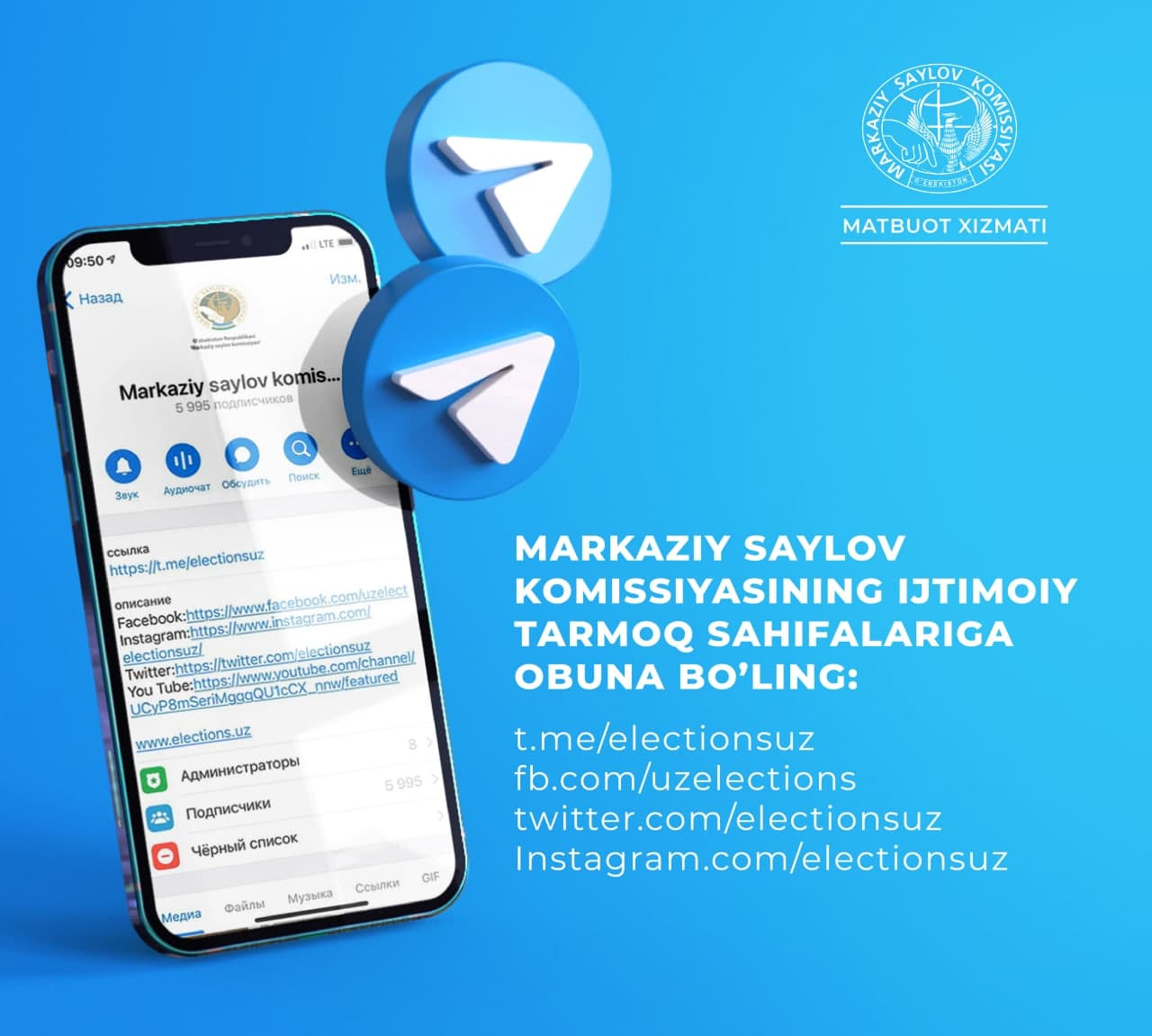 1745
1745
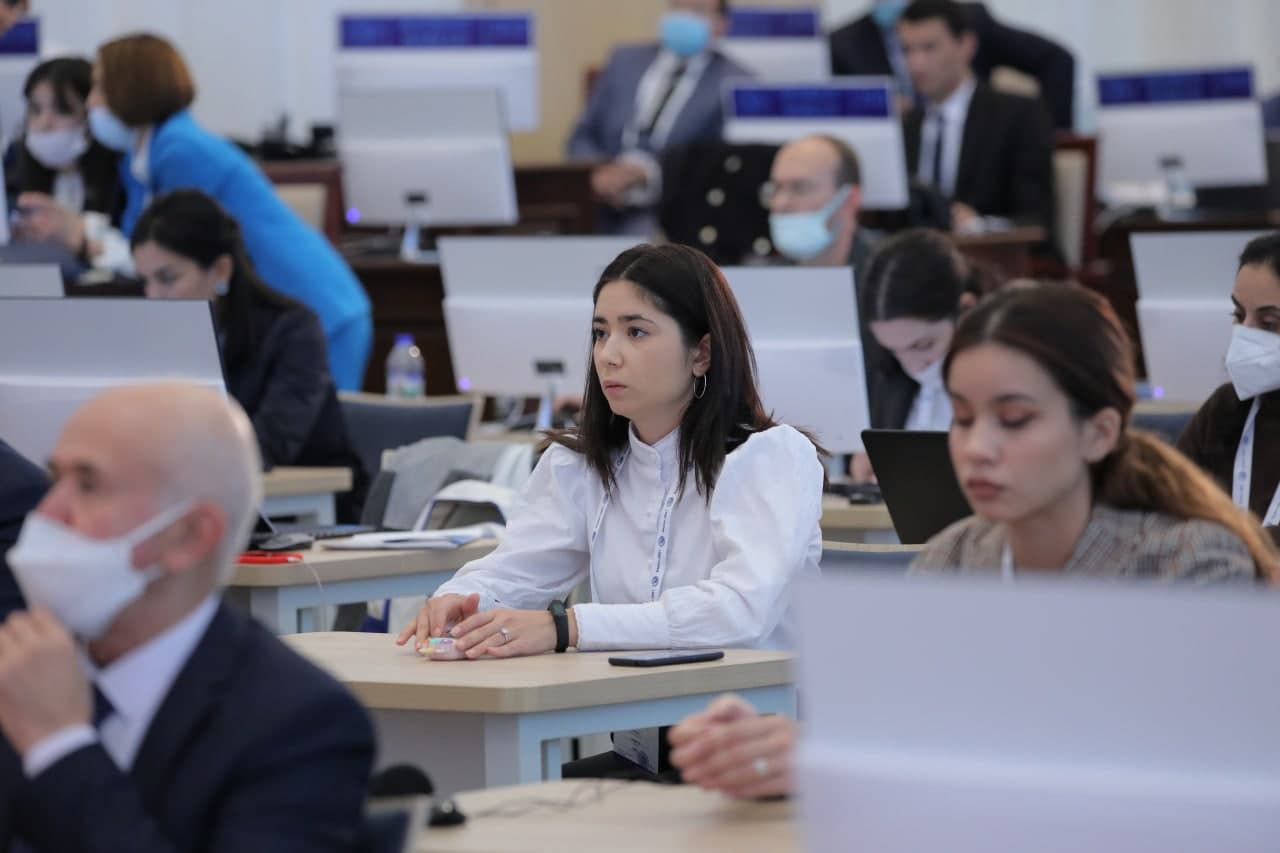
Certainly, for this end, it is necessary to create certain conditions for the media. It can be seen as follows:
- Freedom of speech and press. The media should be free to provide information about elections without restriction or censorship.
- Protection from threats and violence. The media should investigate and report incidents without fear of intimidation and violence.
- Freedom of movement. Journalists should be able to cover candidates’ campaigns and monitor the work of regional election administration.
- Access. Journalists should meet with election commissions, polling stations, candidates and voters and obtain information about them.
- Equal treatment. All public and private media should be treated equally.
The right to freedom of expression in international documents
The right to freedom of expression is protected by the following documents:
- Article 19 of the Universal Declaration of Human Rights;
- Article 19 of the Covenant on Civil and Political Rights;
- Article 10 of the European Convention on Human Rights, Article 11 of the CIS Convention on Human Rights and Fundamental Freedoms;
- Article 13 of the Convention on the Rights and Freedoms of Voting in the Commonwealth of Independent States.
The Joint Declaration on Freedom of Expression and Elections in the Age of Digital Technology provides the media with objective and reliable information on election-related conditions, including equal opportunities for candidates and parties to communicate with the public, platforms for political debates, and election-related issues has a special place in the presentation.
International observers equally protect the media. For example, the Organization for Security and Co-operation in Europe (OSCE) has a representative on media freedom.
It monitors the state of media freedom in all 55 OSCE participating States and monitors compliance with the principles and obligations of freedom of expression and the media.
Uzbekistan has the following legislation aimed at regulating the field of informatization, search, acquisition, dissemination and other uses of information.
- The Constitution of the Republic of Uzbekistan;
- Law of the Republic of Uzbekistan «On Informatization»;
- Law of the Republic of Uzbekistan «On Mass Media»;
- Law of the Republic of Uzbekistan «On Principles and Guarantees of Freedom of Information»;
- Law of the Republic of Uzbekistan «On guarantees and freedom of information»;
- Law of the Republic of Uzbekistan «On Protection of Journalism»;
- Election Code of the Republic of Uzbekistan.
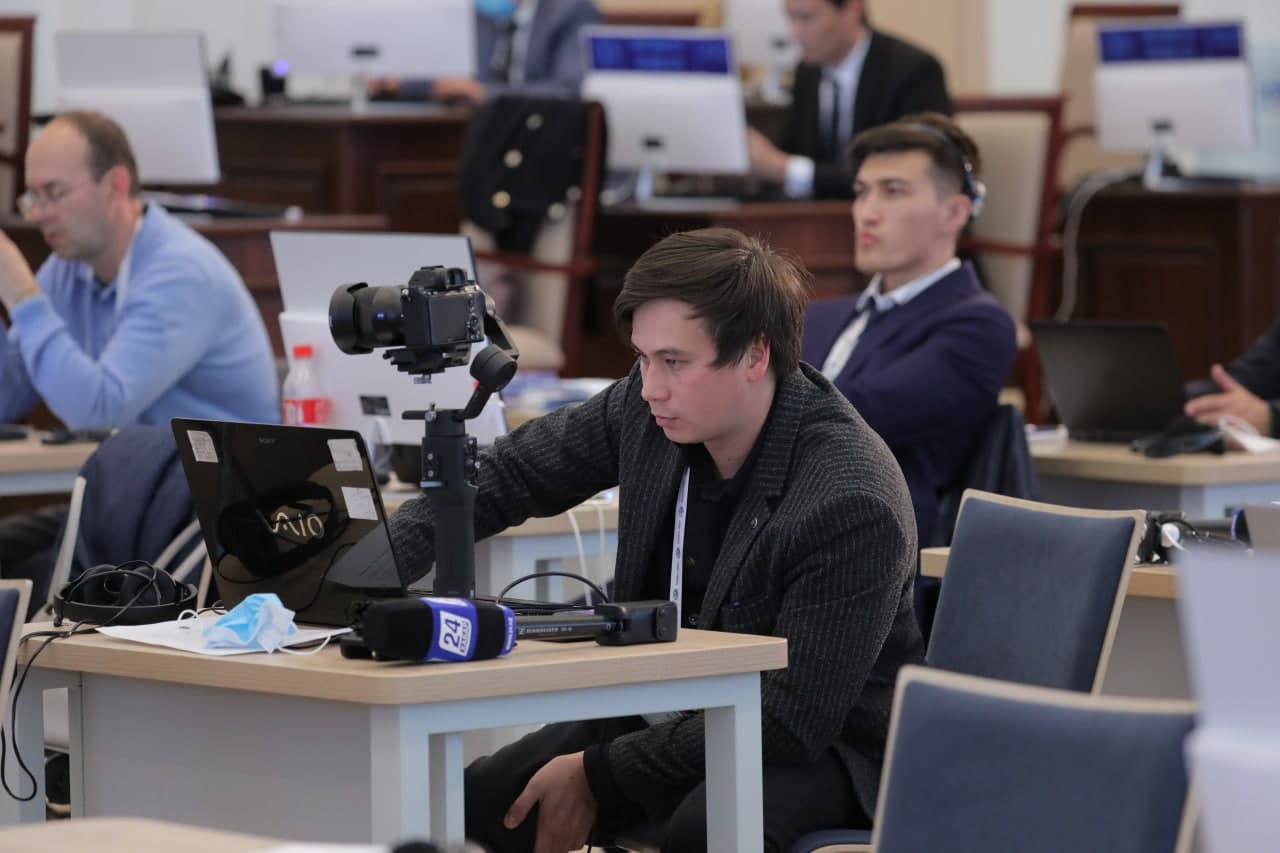
Accreditation is the first step in cooperation with the media
The countries undergoing elections begin their cooperation with the media mainly through its accreditation. Accredited media representatives will have the right to freely cover all campaign activities.
About a thousand media representatives took part in the elections in the CIS Member States. For example, in the elections to the State Duma of the Federal Assembly of the Russian Federation on September 19, 2021, an Information Center for Journalists was established. 1,372 media representatives from 21 countries have been accredited to operate at the center. Representatives of 40 foreign media outlets were also briefed on the voting process directly at the Russian Central Election Commission. More than 1,400 media representatives have been accredited by the Central Election Commission to work at polling stations, and more than 13,000 journalists have been accredited to work in the regions.
In addition, about 100 international journalists from 11 countries covered the election of the President of the Kyrgyz Republic. The presidential election was covered by more than 200 media outlets, and the referendum - by more than 50 local media outlets.
In the presidential elections in Uzbekistan, 1,672 representatives of the mass media observed and enlightened directly.
When does a journalist become a smart observer and a good analyst?
Indeed, this question can be answered differently. First, he/she must carefully read the Election Code and regulations before the start of the election campaign. It is also essential to get familiarized with the list of candidates and the socio-political content of their election program and carefully prepare.
As stated in the «Declaration of the Principles of Journalism», the main task of a journalist is to respect the truth and the right of society to know the truth. The journalist is obliged to convey only the verified facts, which he/she is sure in validity, as well as to use only honest methods to obtain information, photos and documents.
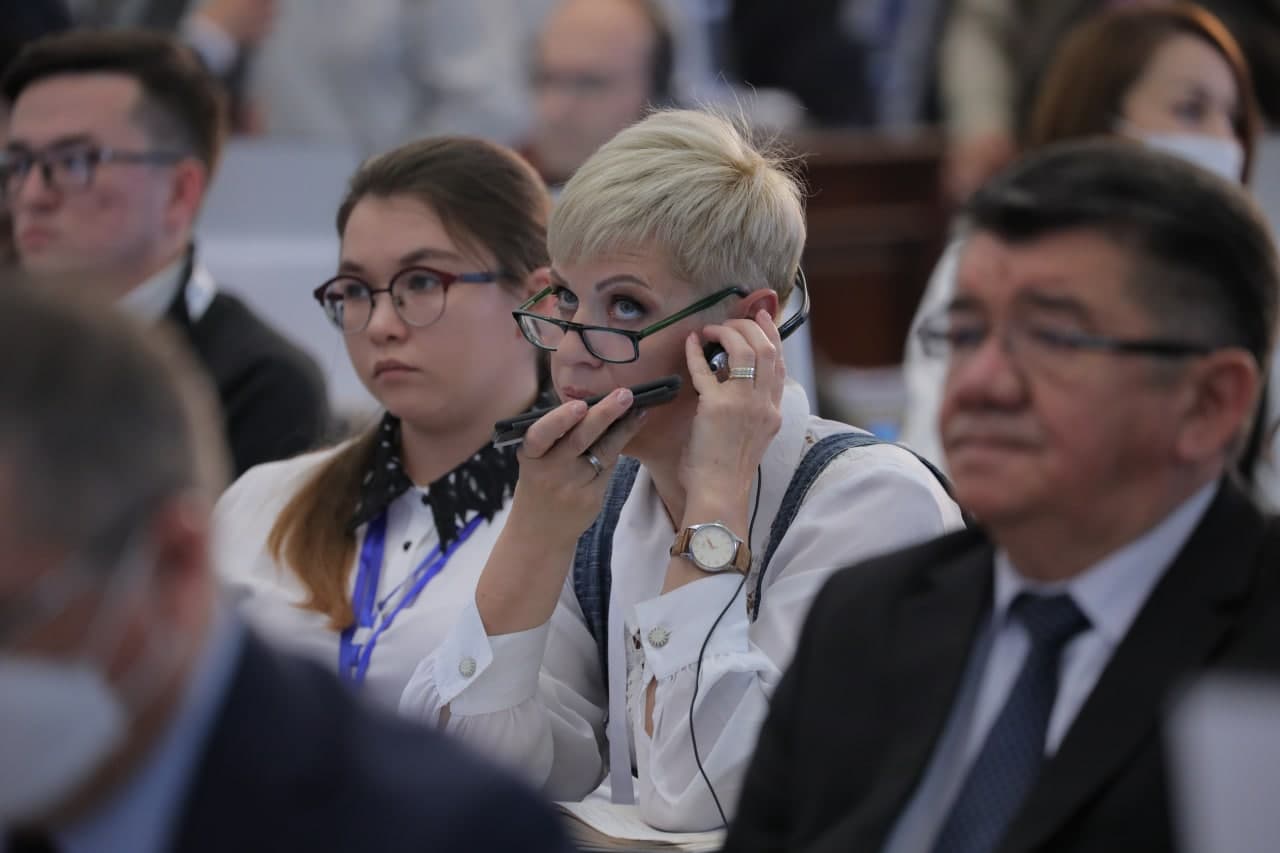
According to the International Federation of Journalists (IFJ), «journalist should not even sit in a politician’s car, though it can negatively affect to the confidence towards him».
As information, the International Federation of Journalists is the world’s largest professional media organization, which is headquartered in Brussels. The organization that was founded in 1926 nowadays covers nearly 600,000 journalists from more than 139 countries.
Impartial election coverage increases transparency, prevents fraud and possible irregularities in the process. Transparency also helps to improve the electoral process. In particular, the problems and shortcomings identified by the journalist will be brought to the attention of election organizers, as well as the general public. As a result, the existing problem is studied and an attempt is made to solve it.
The material used the book «Freedom of Speech, Thought and Information: International Legal Framework», as well as the recommendations of the International Federation of Journalists (IFJ).
The Press Service of
Central Election Commission








